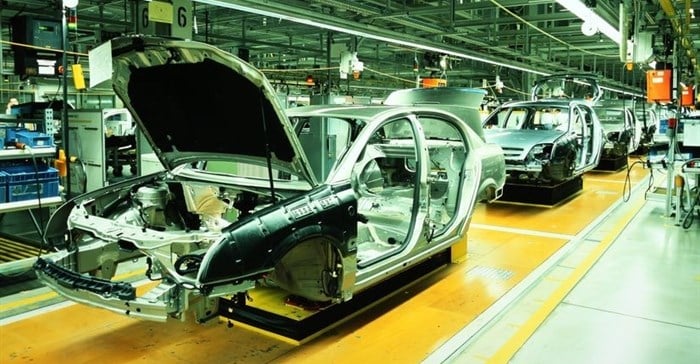
Most companies that had set up operations in other countries on the continent had been forced to either cut back drastically on planned production or mothball assembly plants, Dando said. SA, despite a fall in domestic demand for new vehicles, would come close to record production in 2016 because of growing export demand.
SA is the sub-Saharan base for seven major vehicle manufacturers: BMW, Ford, General Motors, Mercedes-Benz, Nissan, Toyota and Volkswagen. Chinese manufacturer Beijing Automotive has announced a R12bn plan to join them in the next three years. There are also a number of truck and bus producers, though they rely mainly on the re-assembly of imported vehicle kits.
Some other companies had set up small, mainly kit-based, assembly operations around sub-Saharan Africa, said Dando. Hyundai was in Mozambique, Ssangyong in Zimbabwe, and Chinese companies were in Angola and Ethiopia, among other countries.
Angola, he said, was an example of what could go wrong. When a Luanda car plant and surrounding components park were built by Chinese investors five years ago, the country was enjoying an oil-based economic boom. But the collapse in oil prices had undermined government revenues and wrecked the new-vehicle market. As a result, the new plant had never opened.
Nissan exported to Angola, but "we haven't sent anything there for some time," said Dando. "We are meeting demand with inventory we had expected to clear months ago."
Some companies say they are selling vehicles at a loss in Angola, just to clear stock.
Nigeria, another oil-dependent economy, has also suffered. It has been chosen by several multinational vehicle producers as a second sub-Saharan manufacturing hub, after SA. The plan is to start with kit assembly and move gradually to full manufacture. But tumbling oil revenues have killed the market and foreign vehicle plants supplying Nigeria with kits say demand is well below expectations.
Motor companies insist their Nigerian investments will bear fruit eventually, but say it will take much longer than originally planned. Dando said: "Just before oil prices crashed, I would have said new-vehicle sales growth in these countries would have been double digit for the foreseeable future. Not any longer."
Ethiopia is another country identified as a long-term manufacturing base. But despite the presence of Chinese manufacturers, the country is so poor that new-vehicle sales in 2016 were fewer than 10,000.
By contrast, the South African market in 2015 exceeded 617,000. Local production also topped 600,00 vehicles, of which more than half were exported. Despite an expected 12% drop in domestic sales in 2016, SA continues to dominate total African sales and production. The only other country with a busy, albeit tiny, vehicle production industry, is Kenya, where General Motors and Toyota are among those with production sites.
Source: Business Day

For more than two decades, I-Net Bridge has been one of South Africa’s preferred electronic providers of innovative solutions, data of the highest calibre, reliable platforms and excellent supporting systems. Our products include workstations, web applications and data feeds packaged with in-depth news and powerful analytical tools empowering clients to make meaningful decisions.
We pride ourselves on our wide variety of in-house skills, encompassing multiple platforms and applications. These skills enable us to not only function as a first class facility, but also design, implement and support all our client needs at a level that confirms I-Net Bridge a leader in its field.
Go to: http://www.inet.co.za